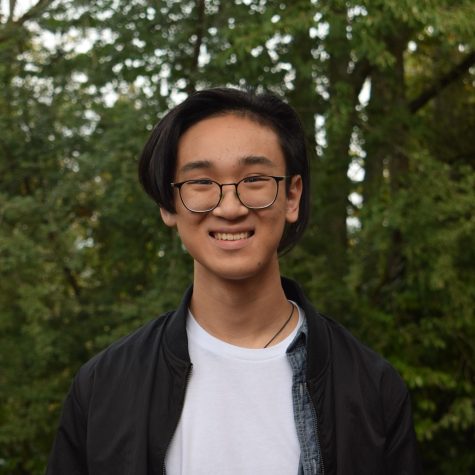Piano at Prep: Perfectly Played
November 2, 2021
A famous saying goes, “music speaks volumes,” but what does that really mean? Piano is one of, if not the most prominent instrument in the music space. Many students and teachers at Prep continue to play the piano because it often carries more meaning than simply an outlet for melodies.
Throughout Fr. Ryan Rallanka’s life, the piano has continued to grow alongside him. Rallanka started to take piano lessons around first grade. As with many piano players, Rallanka’s parents were the ones who initially got him into playing the instrument.
“Definitely my parents got me into piano,” stated Rallanka. However, as he started to grow, his view of the piano started to change.
“Even though my parents had me take piano, I actually came to really enjoy playing,” said Rallanka. “When I was feeling emotional, stressed out…, I found it to be an avenue where I was able to really calm [myself]. I found it really valuable.”
Communicating with words alone can sometimes be troublesome. People can misinterpret the words or not see the meaning entirely. However, playing piano doesn’t say a single word, yet communicates thousands. It has a certain power that can magically bring people together, just with 88 keys.
For Rallanka, the sole ability to play music on the piano served as a way to let out and interpret emotions, most of which could not be noticed without the piano.
The piano also affects people outside of Rallanka’s generation. Marcus Yeung ’24 found how striking the keys helps him build relationships with others.
“It’s made me realize how music is an integral part of community, since it bonds people together,” said Yeung.
As a chaplain at Seattle Prep, Rallanka also sees the piano through a religious perspective.
“There have been moments where piano playing is prayer for me. The words, the beauty, the sound,” exclaimed Rallanka. “In a lot of ways, the music is a language.” Many people, Rallanka included, see music as a universal language. It does not matter if a person speaks a certain language or is a part of a certain culture, music can still speak loud and clear, even with God.
There are always “what ifs” in people’s lives that may have given them the insight they needed. Reflecting on his past, Rallanka saw something he would change about his piano playing.
“I think growing up as a piano player, I probably was more on the impatient side and wanted to learn things more quickly, so I would say ‘just start slow and be patient.’” Having patience allows people to iron out bad habits in their playing, making songs flow smoothly and beautifully.
Lastly, Rallanka and Yeung give advice to others who may have dropped the piano.
“In my experience, a lot of adults who played it as children and then dropped it regret it. I think it’s one of those gifts that you will appreciate in the long run,” said Rallanka.
Yeung added that “…playing the piano is a lifetime hobby that is relaxing and bonds people together.”


